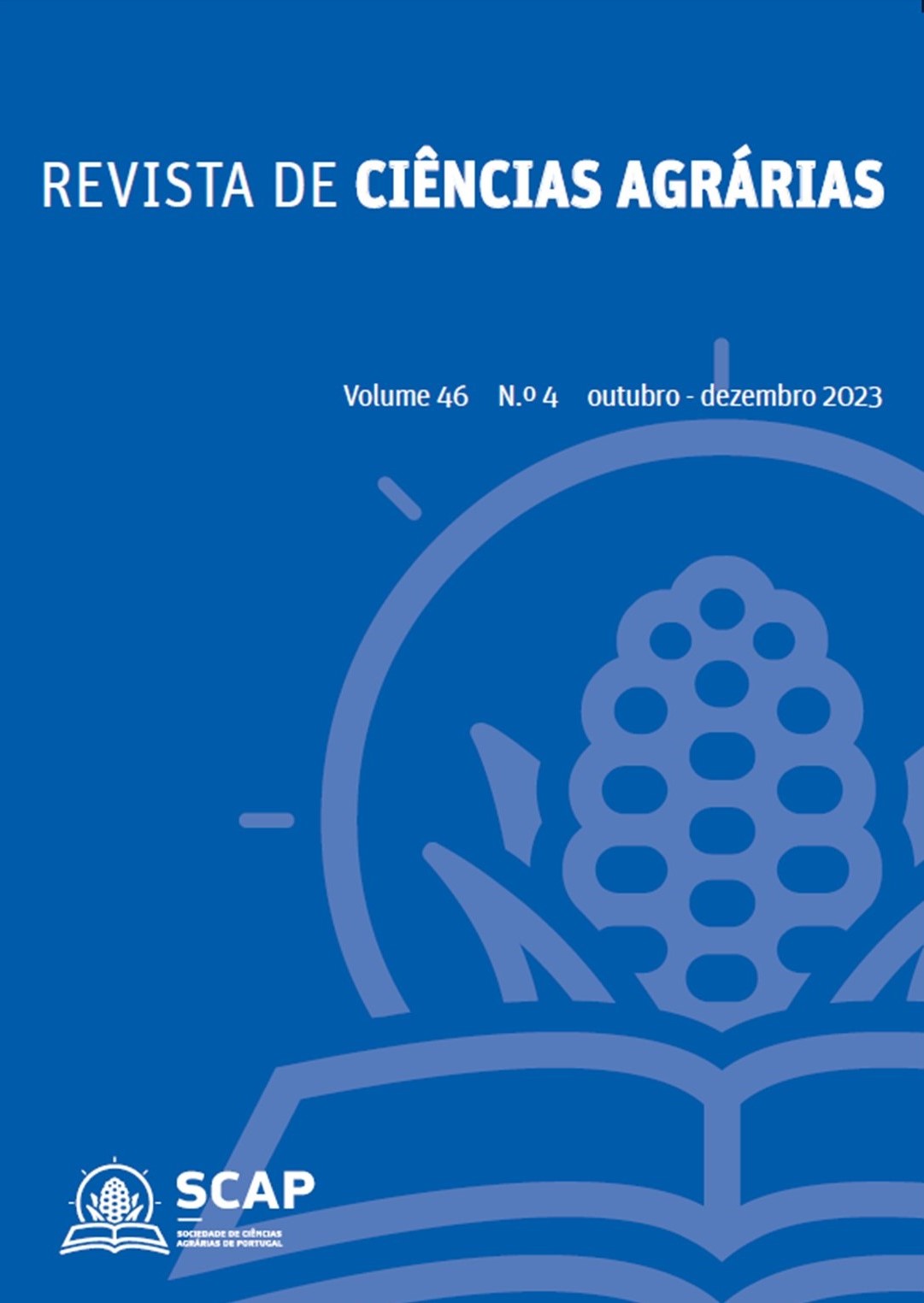Saline irrigation schedules on mineral composition of sea asparagus Salicornia neei Lag. progenies
DOI:
https://doi.org/10.19084/rca.30817Resumen
Sea asparagus (Salicornia neei Lag.) is a gourmet vegetable that has been experimentally studied due to its high nutritional quality. Saline irrigation may influence several chemical aspects of the plant. Therefore, the objective of this study is to investigate the mineral composition of S. neei progenies subjected to cultivation with two saline irrigation schedules from shrimp effluent. The cultivation was carried out with four progenies (two biotypes: BTH1 and BTH2; two generations: F3 and F4) of S. neei in field plots, each plot corresponded to an irrigation regime (T2: every two days; T4: every four days). The results of this study suggest that irrigation influenced mineral composition (e.g. N, Ca, Cu and Mn). Few nutritional characteristics of S. neei progenies were affected by the irrigation experiment, demonstrating the high degree of adaptation of this species to water/saline stress. The more prolonged regime of irrigation (i.e. T4) was the most suitable for plant production, as the plants presented high N content and lower Cu and Mn content. For differences between progenies, the BTH2 lineage showed greater accumulation of P and Mg, which makes it an option as a gourmet vegetable in saline agriculture.


